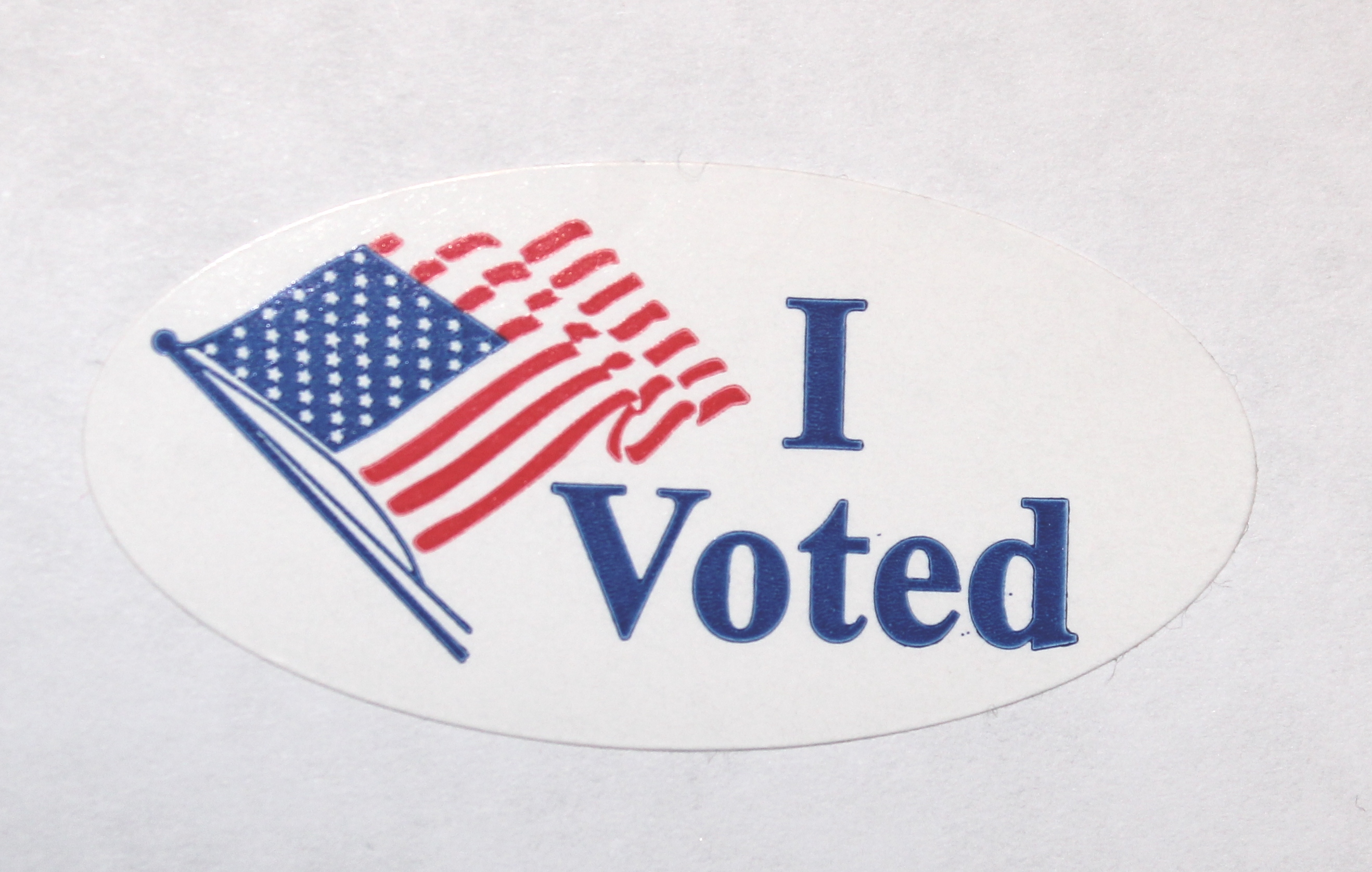After unofficial election results are published, a presidential candidate may give a statement conceding the election to his or her opponent. That concession, however, is not legally binding, and the candidate can still win the election.
Presidential election results remain partial and unofficial on election night. The popular vote is finalized in a process called canvassing and certification. During this process, elections officials verify that votes were counted correctly. Officials review rejected ballots and finish tallying write-in, provisional, and mail-in ballots. In 2020, state deadlines for certification range from mid-November to mid-December.
The certified election results determine which electors represent each state in the Electoral College. In 2020, the Electoral College is scheduled to vote on December 14. Congress will then convene on January 6, 2021, to count electoral votes and formally declare the winner. It is possible that a candidate who concedes on election night ends up winning when Congress formally declares the outcome of the election in January.
Concessions are also retractable. In the 2000 presidential race, Al Gore (D) conceded to George W. Bush (R) in a phone call on November 8. However, as it became clearer that election results in Florida could trigger an automatic recount there, Gore retracted his concession in a second phone call to Bush. After the Supreme Court ruling in Bush v. Gore, Gore conceded again on December 13, 2000.
Additional reading:



